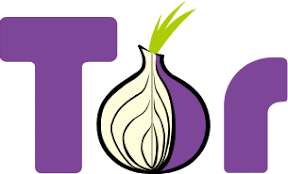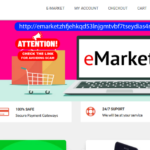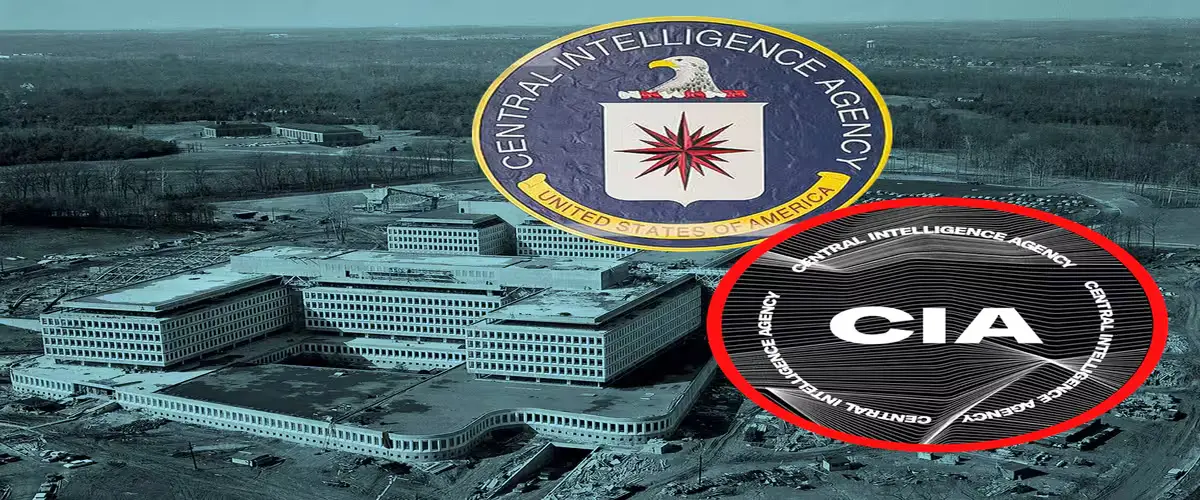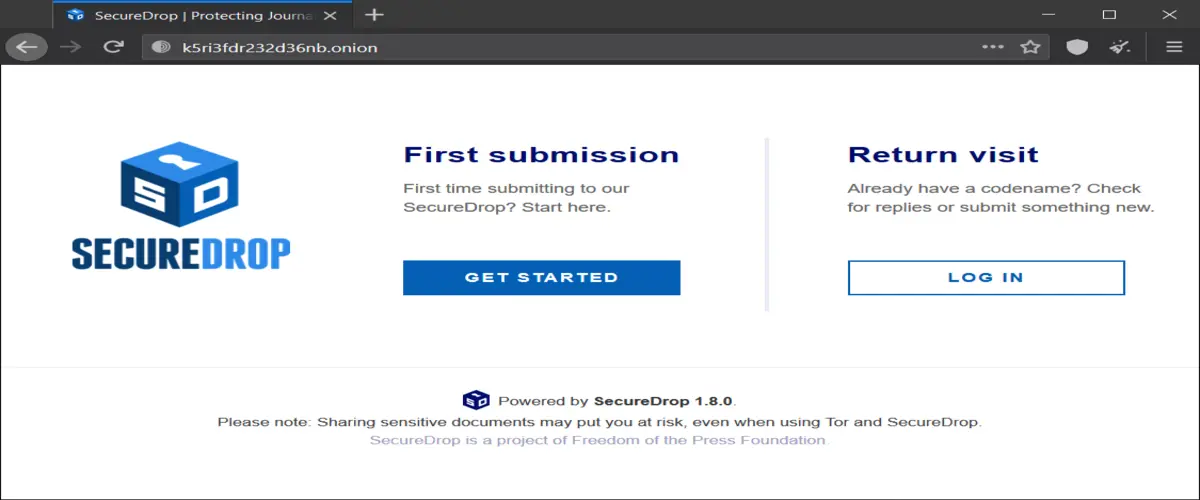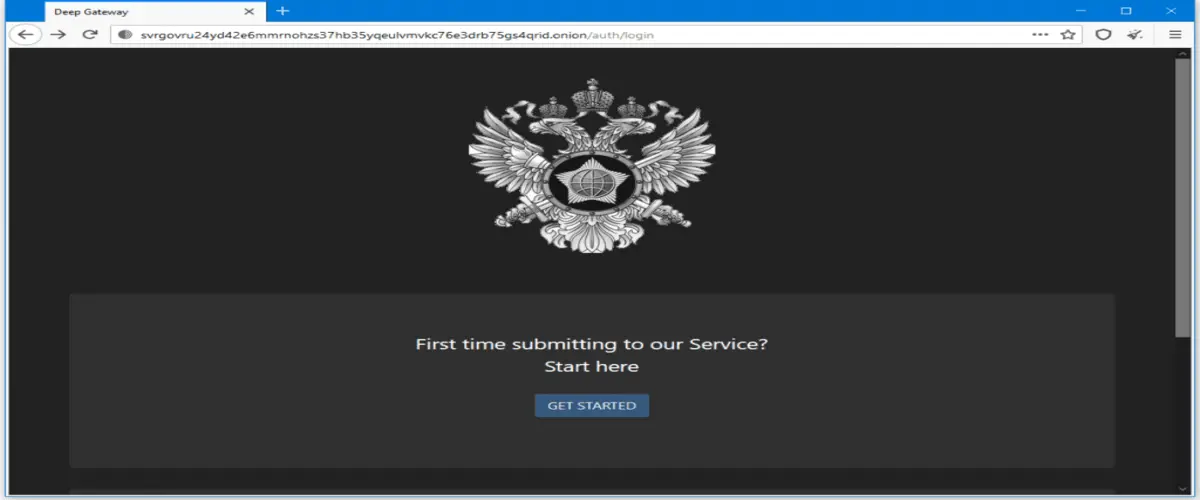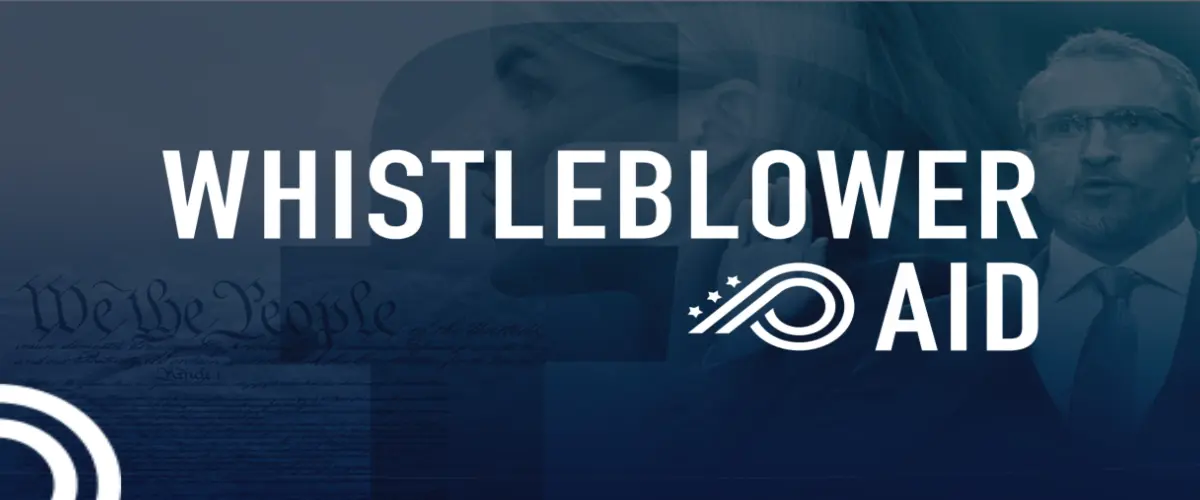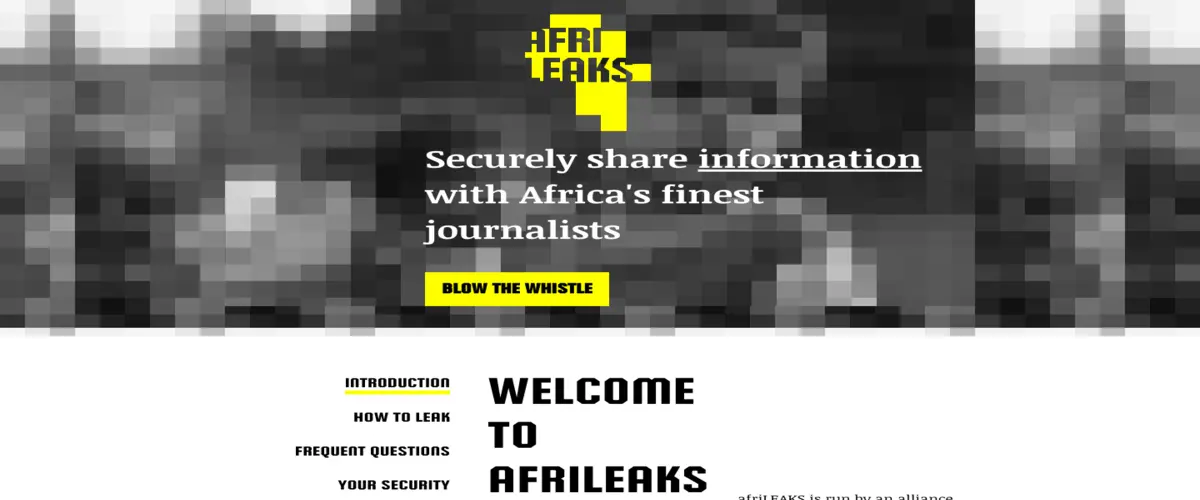How to Share Information with the Central Intelligence Agency (CIA)
Every day, people from all over the world share valuable information with the Central Intelligence Agency (CIA) to assist in their foreign intelligence collection mission. If you believe you have information that can be of help, there are several ways you can reach out to the CIA. However, it is important to note that while the CIA takes great measures to ensure the security of these channels, any communication sent over the internet carries some inherent risks. To mitigate these risks, you can take certain precautions such as using the Tor browser, a virtual private network (VPN), and/or a device that is not registered to you.
When sharing information with the CIA, it is crucial to remember that the agency operates under strict guidelines and legal frameworks. Therefore, it is essential to provide accurate and reliable information that is relevant to their mission. The CIA is primarily focused on gathering intelligence related to national security, counterterrorism, and foreign affairs. Thus, any information that falls within these areas is highly valuable to them.
In conclusion, if you believe you have valuable information that can assist the CIA in their mission, there are various channels available for you to share it. By taking necessary precautions to protect your identity and using secure communication methods, you can contribute to the national security efforts of the United States and potentially make a significant impact in the field of intelligence gathering.
Why Share Information with the CIA?
1. CIA Website: The official CIA website is a valuable resource for anyone looking to connect with the agency. It provides a wealth of information about the CIA’s mission, history, and current operations. Additionally, the website offers a secure portal where individuals can submit tips, information, or requests for assistance. This channel ensures that your communication is encrypted and protected, safeguarding your identity and the information you provide.
2. Phone Hotlines: The CIA operates several phone hotlines that are staffed by trained professionals ready to receive information from the public. These hotlines are available 24/7 and cater to both domestic and international callers. Whether you have a tip regarding national security, terrorism, or any other matter of interest to the CIA, these hotlines provide a direct and immediate way to communicate with the agency.
1. Submitting a Tip Online
The CIA’s website offers a secure online form where you can submit tips and information. This form allows you to provide details about the information you wish to share while ensuring your anonymity and protecting your privacy. . When submitting a tip online, it is essential to provide as much relevant information as possible. Once you have submitted your tip, the CIA’s experienced analysts will carefully review the information provided. They will assess its relevance and determine the appropriate course of action.

2. Sending a Letter to the CIA
If you prefer traditional mail, you can send a letter to the CIA’s mailing address. While this method may be slower than online submissions, it provides an additional layer of anonymity. It is important to note that if you choose this option, you should take appropriate precautions to avoid leaving any identifiable information on the letter or envelope. When sending a letter to the CIA, it is crucial to ensure that your identity remains hidden. This means refraining from using your real name or address on the envelope or within the letter itself. Instead, consider using a pseudonym or a generic return address that does not link back to you.
One of the advantages of contacting a U.S. Embassy or Consulate is that they have direct channels of communication with the CIA. This means that your information will be relayed to the appropriate individuals within the CIA who can take the necessary actions to address your concerns.
In conclusion, if you are located outside the United States and need to contact the CIA, don’t hesitate to reach out to a local U.S. Embassy or Consulate.
Ensuring Your Anonymity and Reducing Risks : CIA
While the CIA takes steps to protect the anonymity of individuals who provide information, it is essential to understand that no method of communication can guarantee absolute security. Here are some measures you can take to reduce risks and enhance your anonymity: 1. Use Encryption: One of the most effective ways to protect your communication is by using encryption. Encryption scrambles your messages, making them unreadable to anyone who intercepts them. There are various encryption tools available, such as PGP (Pretty Good Privacy) and Signal, that can help safeguard your information. 2. Secure Communication Channels: It is crucial to choose secure communication channels when sharing sensitive information. Avoid using public Wi-Fi networks or unsecured websites that can be easily compromised. Instead, opt for encrypted messaging apps or secure email services that offer end-to-end encryption.
1. Use the Tor Browser
The Tor browser is a powerful tool that helps protect your online privacy and anonymity. It routes your internet traffic through a network of volunteer-operated servers, making it difficult for anyone to trace your online activities back to you. By using the Tor browser, you can add an extra layer of security to your communication with the CIA.
When it comes to communicating with the CIA, ensuring the utmost privacy and security is of utmost importance. The Tor browser offers a unique solution by encrypting your internet traffic and bouncing it through multiple relays. Making it nearly impossible for anyone to track your online activities. This means that even if someone were to intercept your communication with the CIA. They would not be able to trace it back to you.
Overall, the Tor browser is an essential tool for anyone looking to communicate securely and anonymously with the CIA. Its ability to route your internet traffic through a network of servers and encrypt it ensures that your online activities remain private and untraceable.
2. Utilize a Virtual Private Network (VPN)
A Virtual Private Network (VPN) creates a secure and encrypted connection between your device and the internet. It masks your IP address, making it harder for others to track your online activities. By using a reputable VPN service, you can further safeguard your identity and protect your communication with the CIA.
By following these guidelines and utilizing a device not registered to you, you can significantly enhance your anonymity when interacting with the CIA. This ensures that your identity remains protected and your interactions with the agency remain confidential.
Final Thoughts
Sharing information with the Central Intelligence Agency (CIA) can play a crucial role in protecting national security. By utilizing the various channels provided by the CIA and taking necessary precautions to protect your anonymity, you can contribute to their efforts in countering threats and ensuring the safety of the United States and its interests. Remember, even though the CIA goes to great lengths to secure these communication channels. It is important to understand and mitigate the risks involved in sharing information over the internet. to protect their own privacy.
When sharing information with the CIA, it is crucial to use secure communication channels such as encrypted email services or secure messaging platforms. These platforms provide end-to-end encryption, ensuring that only the intended recipient can access the information. Additionally, it is advisable to use a virtual private network (VPN) to further enhance the security and privacy of your online activities.
In conclusion, sharing information with the CIA can be a valuable contribution to national security. By utilizing the secure communication channels provided and taking necessary precautions. Individuals can play a crucial role in countering threats and ensuring the safety of the United States. However, it is important to understand and mitigate the risks involved in sharing information over the internet. By being cautious, responsible, and informed, individuals can make a positive impact in safeguarding their country’s interests.
